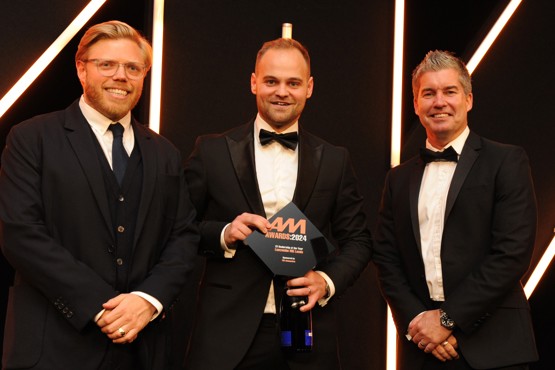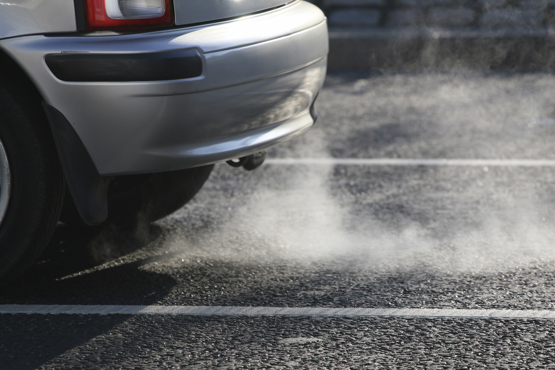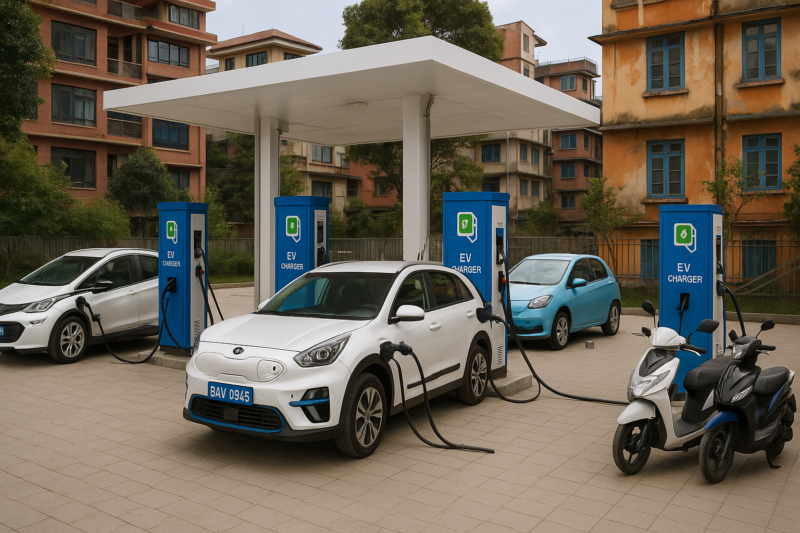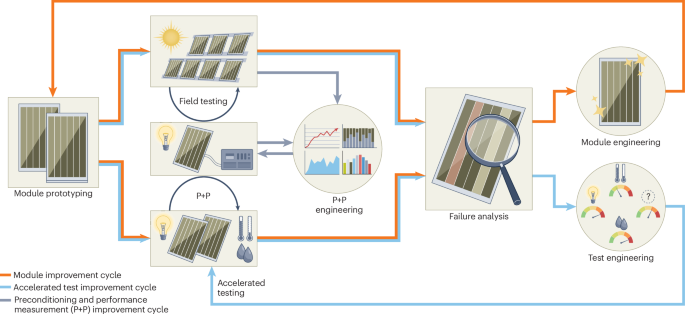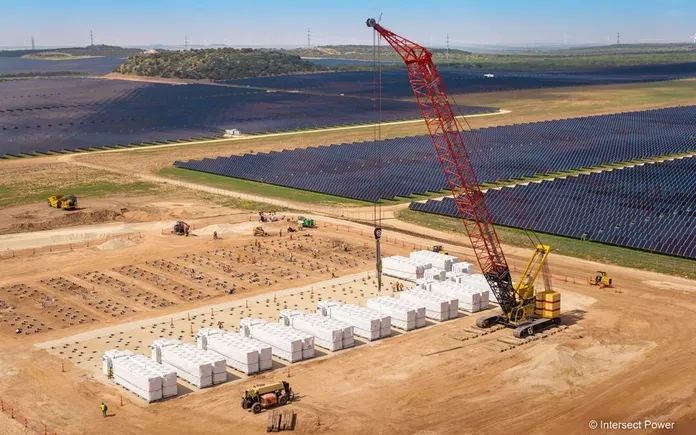Reinforced Polymer–Nanoparticle Hydrogels for Subcutaneous and Sustained Delivery of Trastuzumab
Advanced Healthcare Materials, EarlyView.

Biologic therapy development is rapidly accelerating, requiring extended delivery formulation strategies. Supramolecular hydrogels and electrostatic complexation create subcutaneous depots that release clinically relevant trastuzumab doses in a controlled manner through simple component mixing without chemical modifications. Observed in vivo pharmacokinetic performance matches clinically approved formulations, demonstrating effective sustained antibody delivery.
Abstract
In oncology, the advent of monoclonal antibody (mAb) therapeutics represents a breakthrough in various cancer diseases. However, these therapies often necessitate iterative hospital visits for intravenous infusion that alter patient quality of life and contribute to the chronic saturation of hospitals. Subcutaneous formulations of mAbs offer a promising alternative facilitating faster administration compared with traditional intravenous methods, while still maintaining the same dosing schedule and providing time-saving advantages. Here, an injectable mAb delivery platform using α-cyclodextrin (αCD)-reinforced polymer–nanoparticle hydrogels to perform subcutaneous mAb depots and delay their release is developed. By leveraging mAb–polymer electrostatic complexation, hyaluronic acid- and alginate-based injectable drug depots are formulated by simply mixing components that are generally regarded as safe. Trastuzumab is included as a clinically relevant therapeutic antibody. These formulations delayed mAb release both in vitro and in vivo mice models, with a similar pharmacokinetic performance to the clinically approved Herceptin SC (Roche) formulation composed of trastuzumab with recombinant human hyaluronidase (rHuPH20).



























